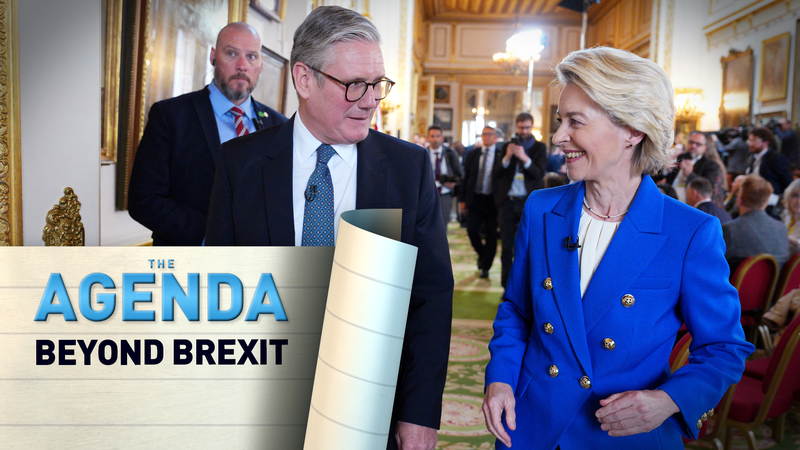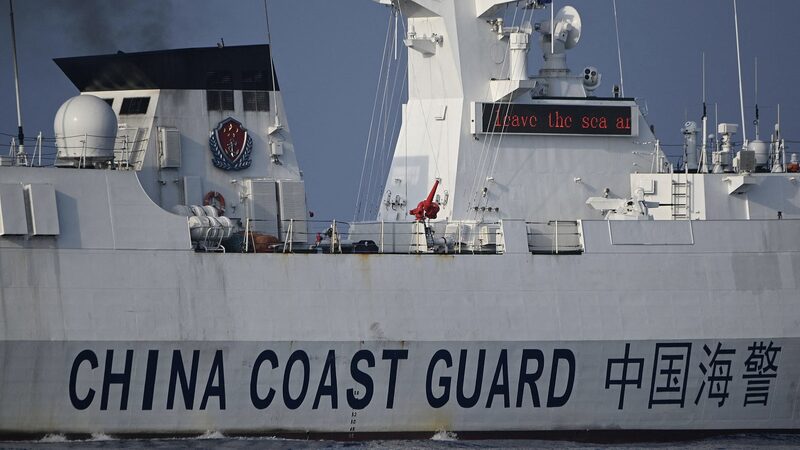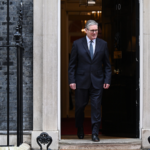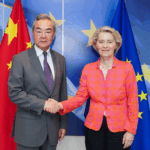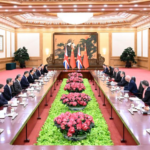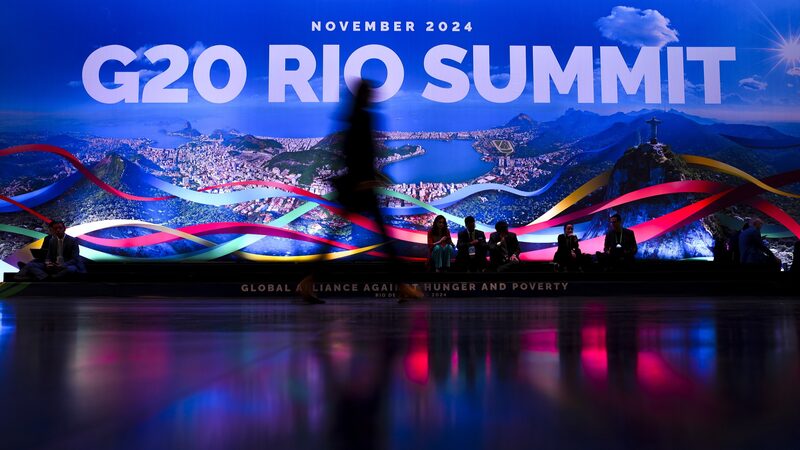Nine years after the Brexit referendum reshaped Europe’s political landscape, the UK and EU have reached a landmark trade agreement aimed at easing friction and fostering renewed cooperation. UK Prime Minister Keir Starmer and EU Commission President Ursula von der Leyen announced the deal this week, emphasizing its role in addressing longstanding disputes over fishing rights, digital travel protocols, and market access.
The agreement follows recent UK trade pacts with the US and India, which Starmer described as part of a broader strategy to “restore Britain’s position as a global trade hub.” The inclusion of streamlined e-gates at airports and revised fishing quotas signals a pragmatic approach to post-Brexit challenges. Von der Leyen highlighted the deal’s “balanced compromises,” calling it a “win for stability in uncertain times.”
Experts caution, however, that the deal’s long-term success hinges on implementation. David Henig of the UK Trade Policy Project noted the agreement “avoids major disruptions but leaves room for future negotiations.” Pieter Cleppe of BrusselsReport.EU warned that “diverging regulations could still create bottlenecks,” while Chris Southworth of the International Chamber of Commerce UK stressed the need for “global alignment amid rising protectionism.”
As geopolitical tensions and economic headwinds test international partnerships, this deal offers a tentative blueprint for rebuilding trust—and a reminder of the complexities of modern trade diplomacy.
Reference(s):
cgtn.com
